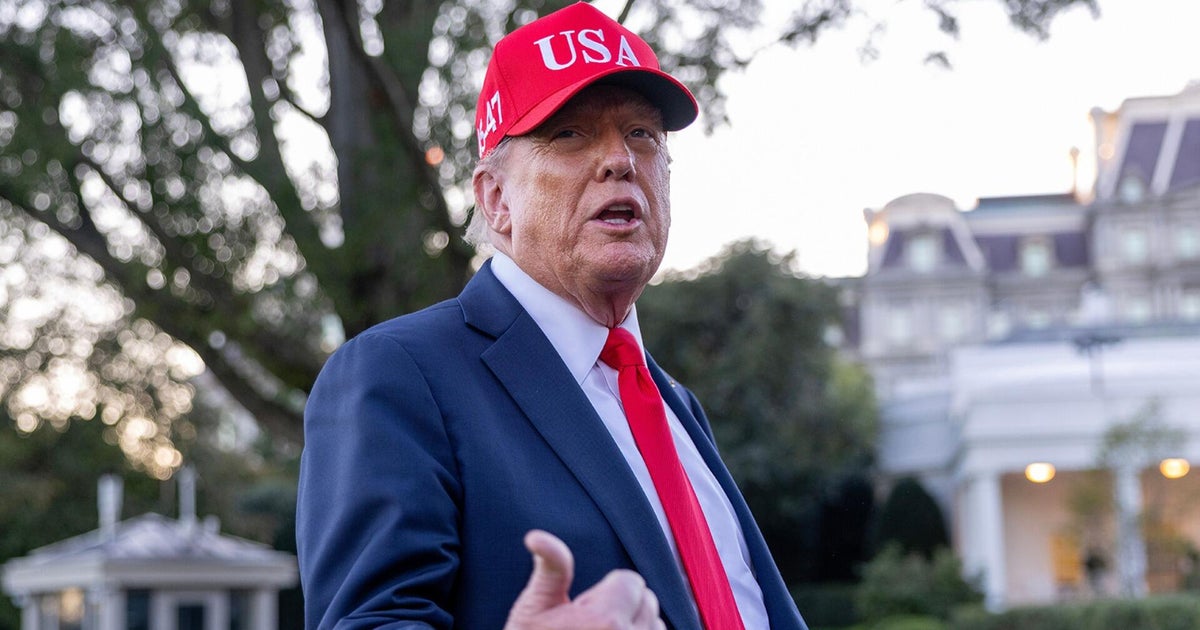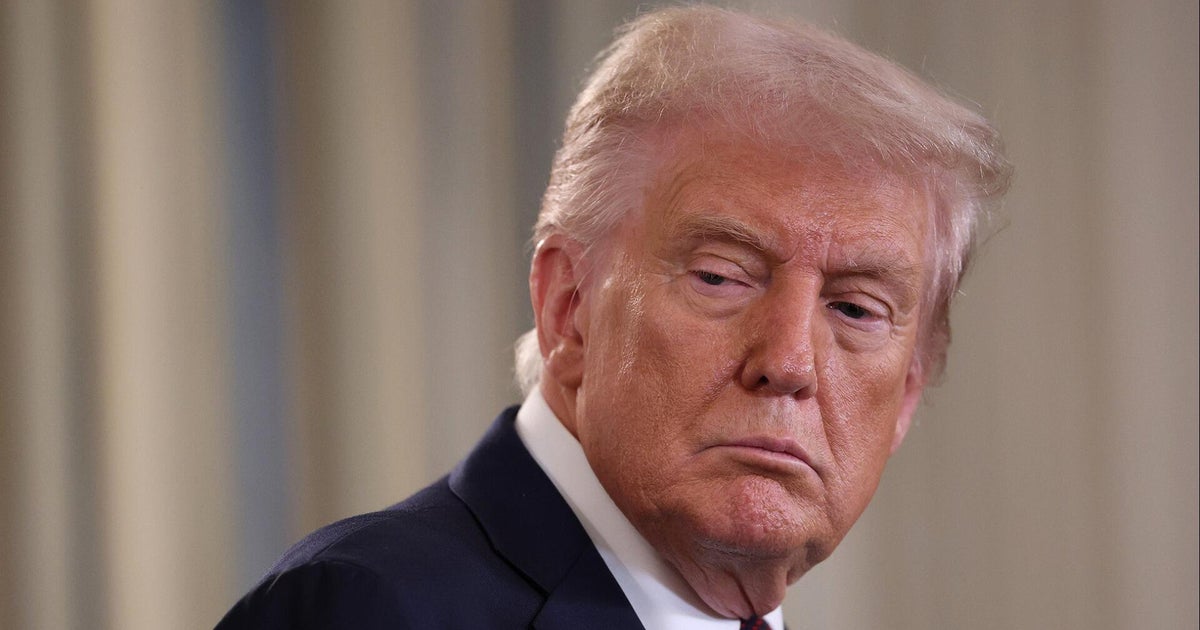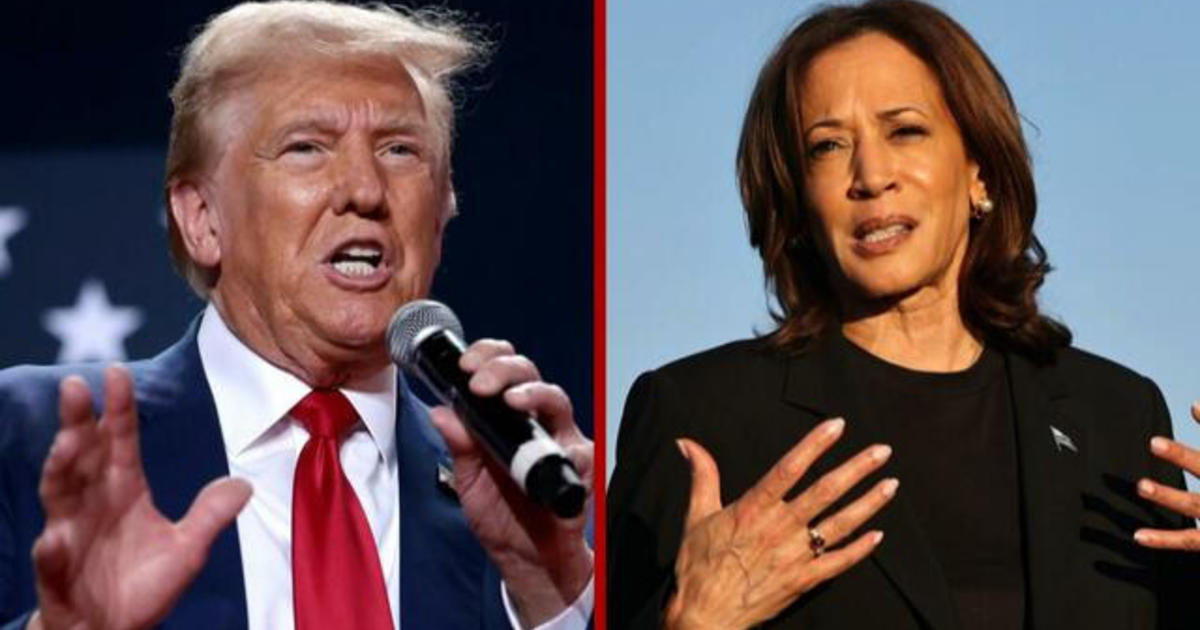In a move that would have been unthinkable a decade ago, Treasurer Jim Chalmers has launched a Federal Court lawsuit to force Chinese-linked entities to divest from a key rare earth miner. This isn’t just a legal dispute; it’s a test of whether Australia is willing to enforce its sovereignty in the face of economic intimidation and strategic competition.

Treasurer Jim Chalmers has launched legal action against Chinese-linked entities involved in rare minerals production. Credit: Alex Ellinghausen
The test is one of enforcing set red lines or, in Seinfeld parlance, not just knowing how to make a reservation but knowing how to hold a reservation. That’s why, if we’re serious about holding onto the strategic advantages of our critical minerals sector and not just making short-term profits, this is a moment for resolve.
At the heart of the matter is Northern Minerals, an Australian company developing the Browns Range heavy rare earths project in WA. It is an operation that could become one of the first non-Chinese sources of the critical minerals essential for advanced military systems, clean energy technologies and high-end electronics.
Despite a clear directive from Chalmers last year for five Chinese-linked entities to divest their stakes in Northern Minerals, at least one, Indian Ocean International Shipping and Service Company Ltd, allegedly failed to comply.
Now, in a move that’s both unprecedented and essential, the Commonwealth is suing. Yes, we are dealing with companies but there really is no such thing as the Chinese private sector. As much as the Australian government will rightly make the case for this being about a commercial matter, this is all about the threat from the Chinese government and its objective of controlling critical minerals not just as economic leverage but as a strategic weapon.
Loading
It’s deeply concerning that foreign investors have openly defied a directive from the Australian government. That would never be tolerated by Beijing. In China, foreign companies must abide by a highly restrictive, state-controlled investment environment or risk being expelled immediately. Yet in Australia, even after years of intensifying economic coercion and evidence of strategic interference, certain state-linked actors have come to believe that our foreign investment laws are optional or that the fear of retaliatory action by Beijing would result in Australian inaction.
To the credit of the government, this lawsuit challenges that dangerous assumption head-on. Chalmers’ statement was unequivocal: “Foreign investors in Australia are required to follow Australian law.”
What is at stake isn’t just legal precedent – it’s Australia’s ability to protect the integrity of its critical minerals sector. These minerals – such as dysprosium, terbium and neodymium – are the foundational inputs for technologies ranging from F-35 fighter jets and hypersonic missiles to electric vehicles and offshore wind turbines.
China controls over 80 per cent of global rare earths processing and nearly all heavy rare earth production. It has spent decades constructing this dominance through state-backed investment, export restrictions and strategic acquisitions. Australia, alongside the US, Japan and others, has begun pushing back, attempting to build alternative, diversified supply chains. But Beijing and its proxies are not going to relinquish that stranglehold willingly.
So the Northern Minerals case is a litmus test for Australia’s legal system and our strategic resolve. If we fail to enforce foreign investment directions now, we send a clear signal to Beijing and the world that we’re unwilling to defend the foundations of our economic and national security. Worse still, we risk undermining the very alliances and partnerships we’re cultivating to support a rules-based critical minerals ecosystem.
With this action, the government has also reinforced the strengthened powers of Australia’s foreign investment regime, which was updated in 2024 to reflect contemporary geo-economic risks better. This isn’t a hypothetical threat; it’s the lived experience of a country repeatedly targeted by foreign interference in sectors as diverse as academia and infrastructure and now mining.
There’s no doubt that Beijing will respond, definitely diplomatically, perhaps economically. We’ve seen this playbook before: in 2010, China cut off rare earth exports to Japan during a territorial dispute. From 2018, it unleashed sweeping trade sanctions on Australia after national security decisions on 5G telecommunications, foreign interference laws and the calling of an inquiry into the origins of COVID-19.
Australia must now demonstrate that our sovereignty isn’t for sale. This means more than just legal action. It means accelerating investment in domestic processing and refining capacity. It means supporting like-minded partners through joint ventures and strategic stockpiles. It means aligning our critical minerals strategy with broader defence and national security planning. And it means holding foreign investors, no matter how politically connected, to the same standards we expect from Australian firms.
Loading
The treasurer’s lawsuit isn’t just about compliance; it’s about credibility. It’s about showing that, while we welcome foreign investment, we do so on our terms, in line with our national interest. It’s about ensuring that Australian assets – especially those central to our technological, military and economic future – are not quietly absorbed into the strategic plans of foreign powers.
Global collaboration is not dead but the era of naïve globalisation is over. International affairs must be undertaken within a framework of rules, with sovereignty, based on working with trusted and reliable partners, the primary national principle. Australia is now operating in an environment defined by geo-economic competition, state-backed capital and strategic interference. As the Northern Minerals case shows, holding the line won’t be easy. But, having drawn the line, if we’re to build a secure and sovereign critical minerals sector, enforcing it is essential.
Dr John Coyne is director of the Australian Strategic Policy Institute’s national security program. Justin Bassi is ASPI executive director.
Most Viewed in National
Loading


















































